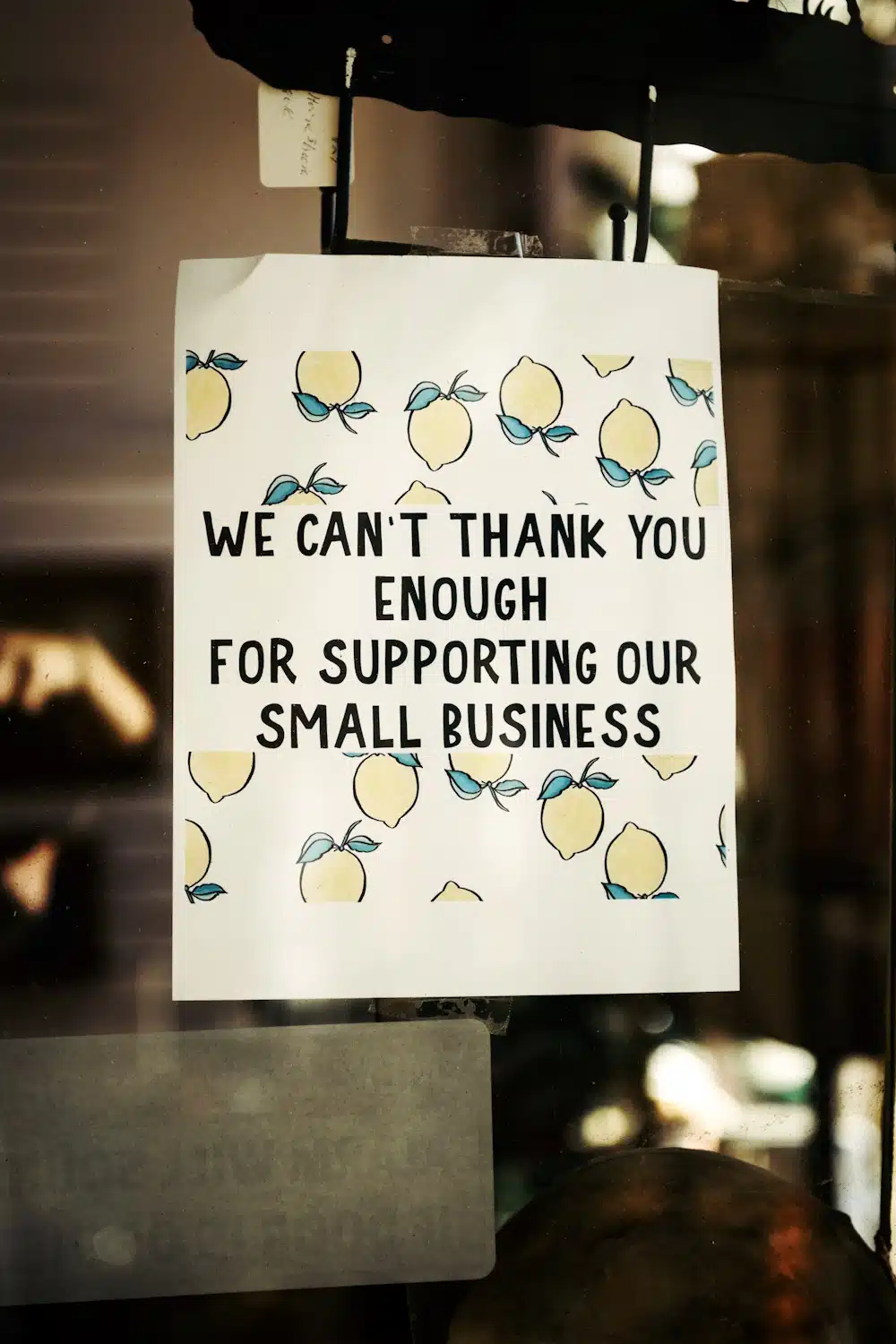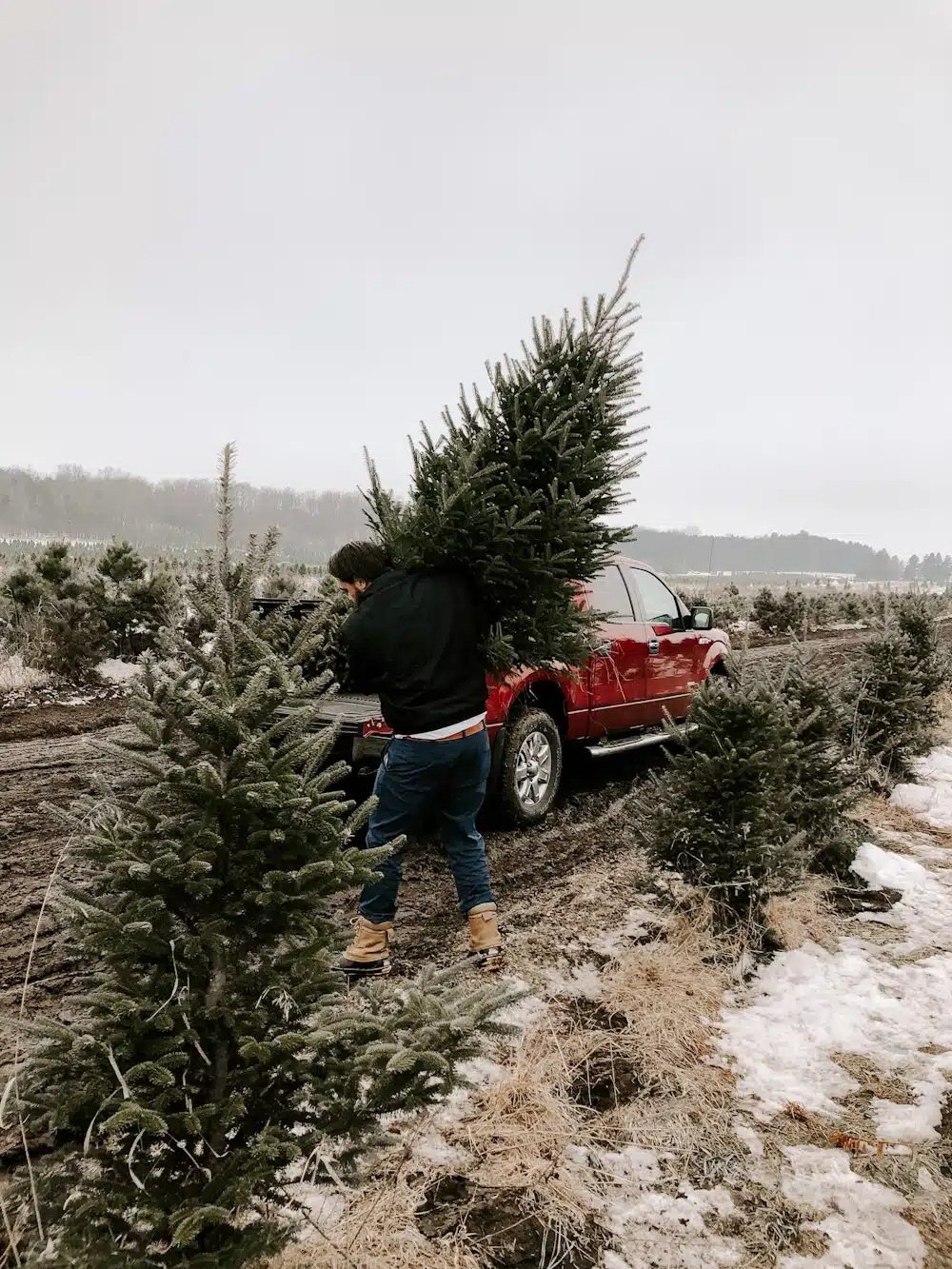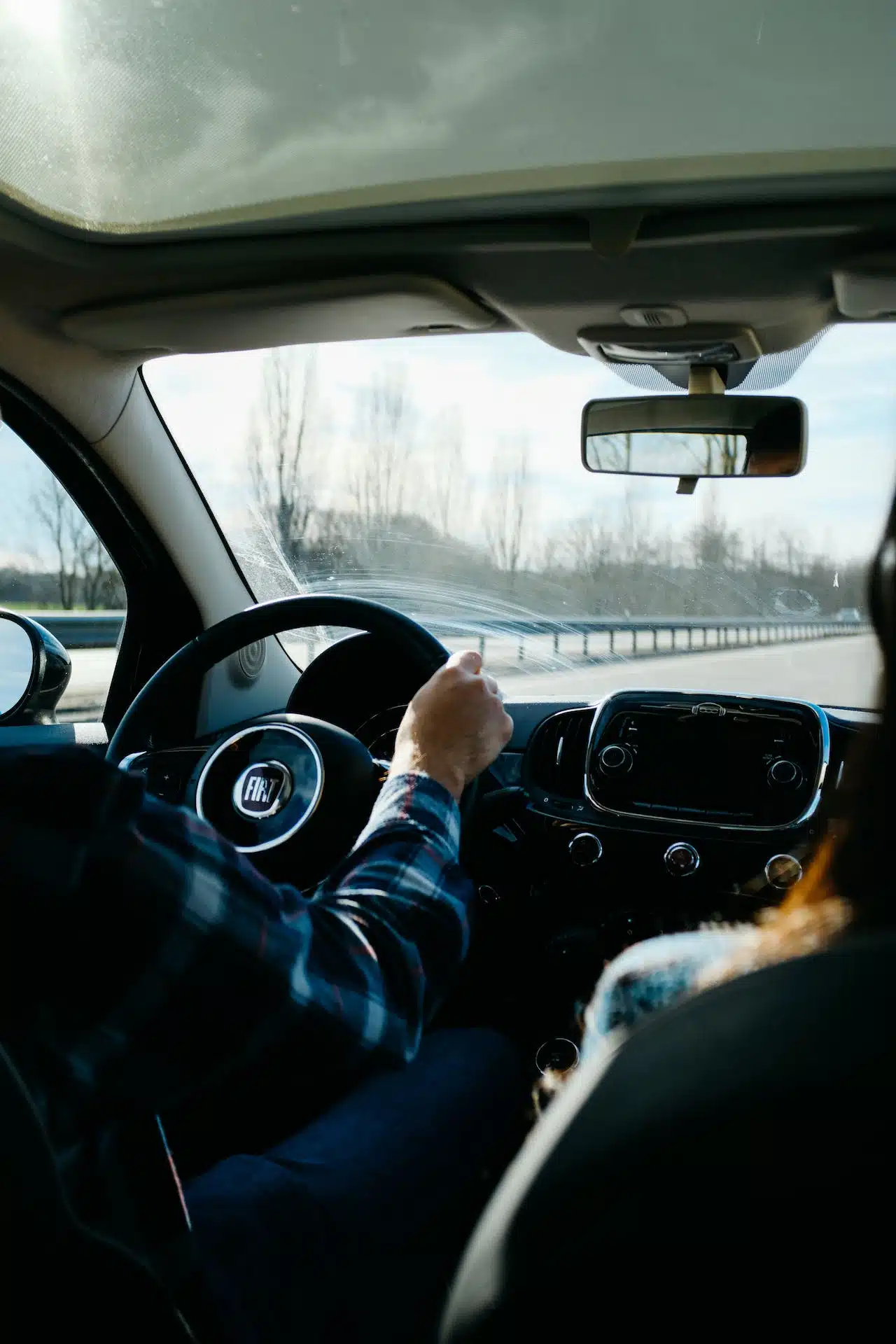If you’re wondering how to make your holidays easier on the Earth, start here.

It’s easy to get sucked into the holiday cycle of buying gift after gift during sales, putting up loads of decorations, and tucking into festive feasts. Still, these activities come with hidden environmental costs.
From Thanksgiving to New Year’s Day, Americans create about 25% more waste than they do during any other period throughout the year. This additional waste amounts to roughly 25 million tons of garbage.
It’s easy to see why: the holidays usually mean tons of gifts, mountains of wrapping paper, and countittless decorations that quickly end up in the trash. But even small things — like giving someone a Christmas card or using turkey-themed paper napkins — add up.
But all of this doesn’t mean you have to skip the holidays entirely if you want to prioritize sustainability. It just means you have to rethink how you approach the holiday season.
7 Ways To Be Eco-Friendly During the Holidays
Here are 7 practical ways to be more eco-friendly during the holidays so you can celebrate and do your part to help the planet at the same time:
1. Avoid Single-Use Products
While single-use products are commonplace in everyday life, they’re much more common during the holiday season.
Often, these products are single-use plastics that damage the environment from the factory to the landfill. But that doesn’t mean that single-use products not made from plastic are better.
If you’re buying something you’ll throw away after using, you’ll want to look for an alternative, whether a reusable version of the product or an alternative way of doing what the product does.
And when you do invest in reusables, make sure you’ll use them. Buying a compostable utensil set feels meaningful, but if you’re not regularly using them, you might be better off buying real utensils that you can incorporate into your rotation.
Here are a few examples of easy swaps you can make:
Dishes: Instead of buying paper or plastic cups, plates, and utensils, consider using dishes you already have or buy special holiday serveware you know you’ll use for years to come.
Alternatively, if you’re hosting a sizable gathering, you might want to rent an event space (one that uses real dishes, of course).
Cards: Instead of buying physical cards, consider voice or video calls. Let’s face it: most physical cards are formalities that get tossed or stowed away, and most e-cards are regrettably lame.
Wishing someone a happy holiday over the phone or face to face is better for the environment and more personal and meaningful. (If you do end up buying a couple of cards, opt for ones made from recycled paper and encourage your recipients to recycle them).
Advent calendars: Advent calendars are often on the bigger side, yet most of them end up in the trash. It’s better to opt for a reusable calendar (preferably one not made of plastic).
2. Change the Way You Wrap Gifts
For most people, holidays mean boxes encased in wrapping paper and topped with ribbons and bows. But this presentation isn’t so great for the planet.
Each year, about 228,000 miles of wrapping paper end up in landfills (and that doesn’t count all the bows and ribbons people use).

A better way is to take inspiration from furoshiki, traditional Japanese wrapping cloths. Using fabric wrapping like this instead of disposable paper is better for the environment and looks a lot nicer.
3. Be More Intentional About Gift Giving
How many gifts have you gotten over your lifetime that you still use today? How many did you even get substantial use out of? You can count them on one hand.
For many people, giving gifts during the holidays is an impulse they don’t think twice about. This leads to people receiving unwanted (and unneeded) gifts, many of which get thrown away.
The solution? Be intentional with every gift you give. Try to select gifts that will be meaningful to your recipients and that you know they’ll use. This might mean spending more or pitching in to give a bigger gift, but the result is worth it.
Also, consider giving gifts that aren’t physical products. Experiences like concerts, spa trips, food tours, memberships, and lessons make memorable gift options.
And if you want a more charitable gift, you can donate to an organization that supports a cause your recipient cares about. It sounds cheesy, but it makes a big impact.
4. Shop Local When Possible
The way you buy your gifts is just as important as the gifts themselves. Buying something from Amazon is simple and convenient, but it’s not the best option in terms of sustainability or ethics.

When you can, shop local and small. Buying locally often means that the goods don’t have to be shipped as far, drastically reducing carbon emissions. Plus, local businesses are less wasteful than corporations.
5. Opt for a Real Tree
It might seem counterintuitive, but real Christmas trees are more eco-friendly than artificial ones. That’s because the production and transportation of artificial trees create massive amounts of carbon emissions.
A good option is to rent a Christmas tree. This gives you all the benefits of having a real tree while also being more sustainable and convenient.

Alternatively, you can buy a live or potted tree that can be replanted after the holiday season.
And if you do end up buying a dead tree, make sure to donate or recycle it instead of tossing it in the dumpster.
6. Plan Your Feasts To Reduce Food Waste and Impact
Food waste is a huge problem that gets even worse during the holidays. According to the Natural Resources Defense Council, 200 million pounds of turkey meat gets thrown out during Thanksgiving week.
One of the best ways to avoid food waste is to plan carefully. The goal is to make only as much food as people will actually eat. Portion your servings according to how many people will be eating, and save the little that remains for leftovers.
And, as heretical as it sounds, consider reducing (or — gasp — eliminating) your holiday meat consumption. Meat isn’t great for the environment in the first place, and the amount of meat waste generated during the holidays only makes the problem worse.
7. Rethink How You Travel
Transportation is the #2 most polluting industry in the world, topped only by energy. Flying is especially bad — 2.4% of all global carbon dioxide emissions come from commercial aviation.
If you travel every holiday season, seek ways to reduce your overall impact.

Generally, it’s best to avoid air travel if possible — and if you do have to fly, opt for a direct flight and consider buying carbon offsets from a reputable organization.
On the other hand, if your holiday travel is more local, you can arrange a carpool to the location (or even take public transportation).
Have an Earth-Conscious Holiday Season!
Being more eco-friendly during the holidays shouldn’t mean staying home all year (even if that would get you out of the family dinners). These sustainability strategies are practical actions that almost everyone can put into practice.
Questions? Comments? Leave them below!






Ask Me Anything